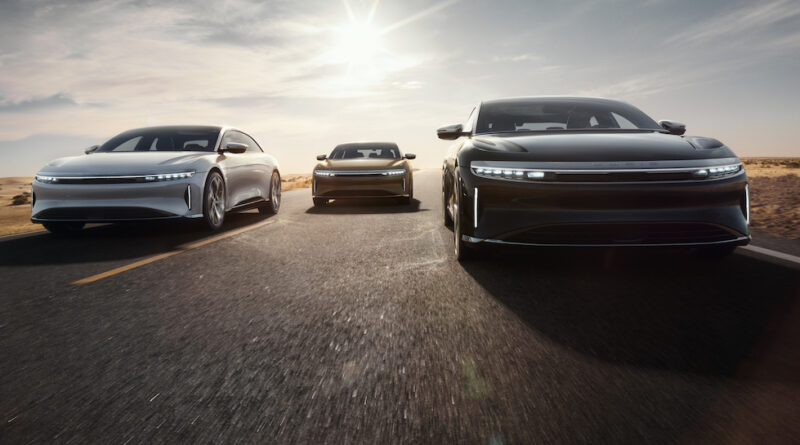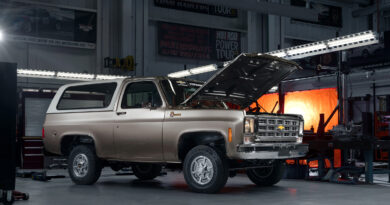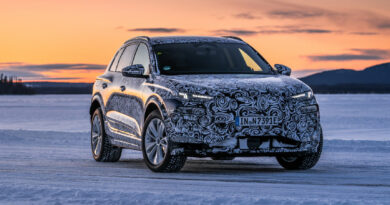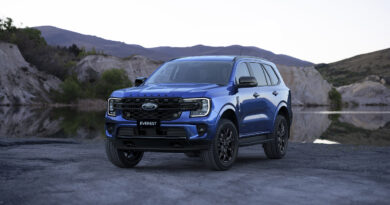Why Lucid’s $25,000 EV plan doesn’t copy Tesla
Ambitious BEV start-up Lucid Motors has joined Tesla in aiming for a US$25,000 ($34,300) electric vehicle.
But while Tesla wants to build such a vehicle itself, Lucid boss Peter Rawlinson says he is happy to license the company’s powertrain and battery tech out to other car manufacturers to achieve the objective.
That’s because Lucid doesn’t even start to build its first model, the luxury Air sedan, at its new factory in Nevada until the second quarter of 2021 and the production capacity to add an entry-level model is years away.
Want the latest electric car news and reviews delivered to your inbox? Subscribe to our weekly newsletter!
“With our efficiency we can drive toward the $25,000 car,” the Lucid Chief Executive Officer and Chief Technology Officer told Autoline Network.
“As a company we have to start high-end first and then move downmarket gradually.
“By the time we get as Lucid to a level of maturity … and our financial might to contemplate the level of automation and scale of factory it would take to do that car we are talking about eight years away.”
Lucid’s miniaturised technology is a cornerstone of its record breaking range and performance claims.

The Air has a verified range beyond 800km and can recharge its lithium-ion battery pack as fast as 20 miles (32km) in one minute and 300 miles (480km) in as little as 20 minutes.
But the Air is about as far from a $25,000 BEV as you can get. Priced from US$77,400 to US$169,000 ($106,000 to $232,000), Rawlinson says it is pitched directly against the Mercedes-Benz S-Class and its forthcoming EQS BEV spin-off.
Lucid’s second model, the Project Gravity SUV, isn’t due to roll off the assembly line until 2023.
Rawlinson said leaving it eight years to launch a US$25,000 Lucid was simply the wrong thing to do, hence the willingness to license tech.
“The world can’t wait, I am really worried about the environment, we have an impending crisis on our hands, it may already be too late,” he said.
“How can I leapfrog that process? I’d like to license it to other car manufacturers who are behind the curve. I want the world to benefit from the technology we have got.”
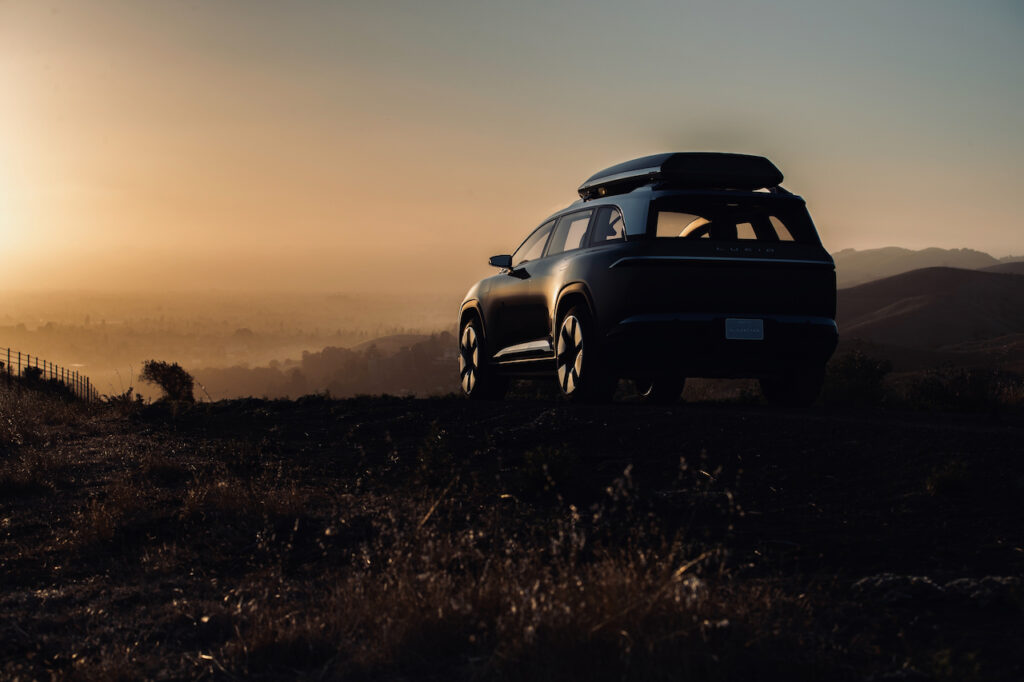
Tesla boss Elon Musk talked about a US$25,000 BEV at the company’s battery day in October, where significant advancements in battery tech and manufacturing were rolled out.
Musk said he wanted a US$25,000 BEV on sale within three years with fully autonomous capability.
Rawlinson said pitching a BEV at such prices was critical to widening the acceptance of electrification among vehicle buyers.
“The big barrier and obstacle to widespread mass consumer adoption is price of entry for an electric car,” he said. “And that’s dependent upon a number of factors.
“There is a myopia about battery price and that is just dollars per kilowatt hour. You need to think it’s not really dollars per kilowatt hour that determines the price of ownership of an electric car, it’s dollars per miles of range.
“How much does it cost to make a 200-mile car, how much does it cost to make a 150 mile car?
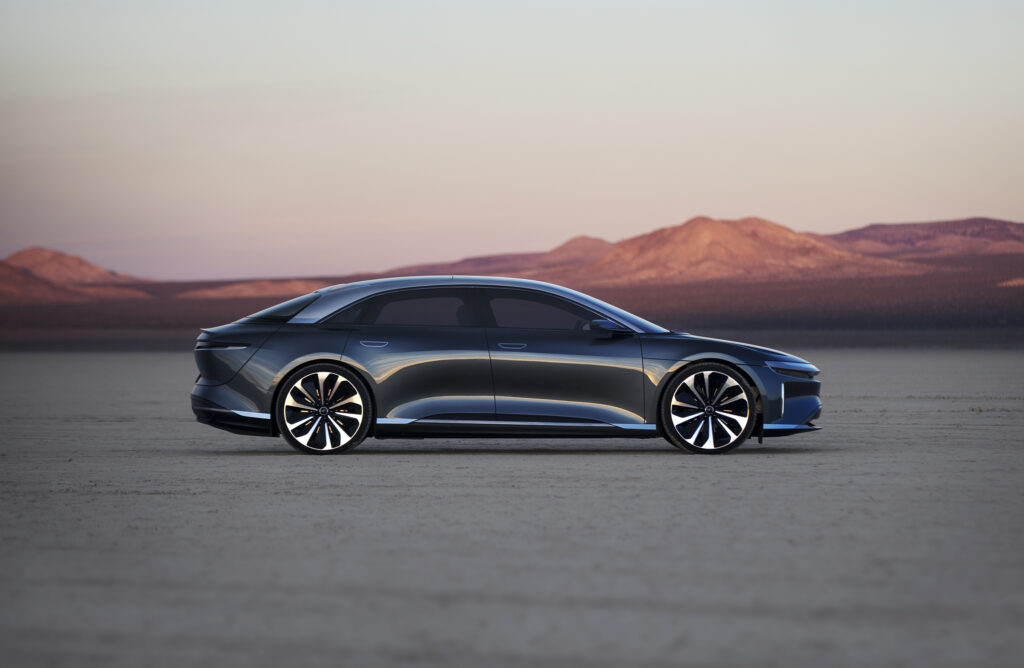
“That’s what’s going to drive the widespread adoption of the electric car and we are really cracking that formula.”
Rawlinson, who was chief engineer of the Tesla Model S 10 years ago, said Lucid wouldn’t offer its technology until it was proven.
“What I need to do is prove it’s not vapourware first and we are going to do that by putting it into production,” he said.
“I remember taking Tesla Model S to the Detroit auto show 10 years ago and I had lots of rocks thrown at me that this was vapourware, that Model S wasn’t real. And I am getting a real sense of déjà vu 10 years on.”

